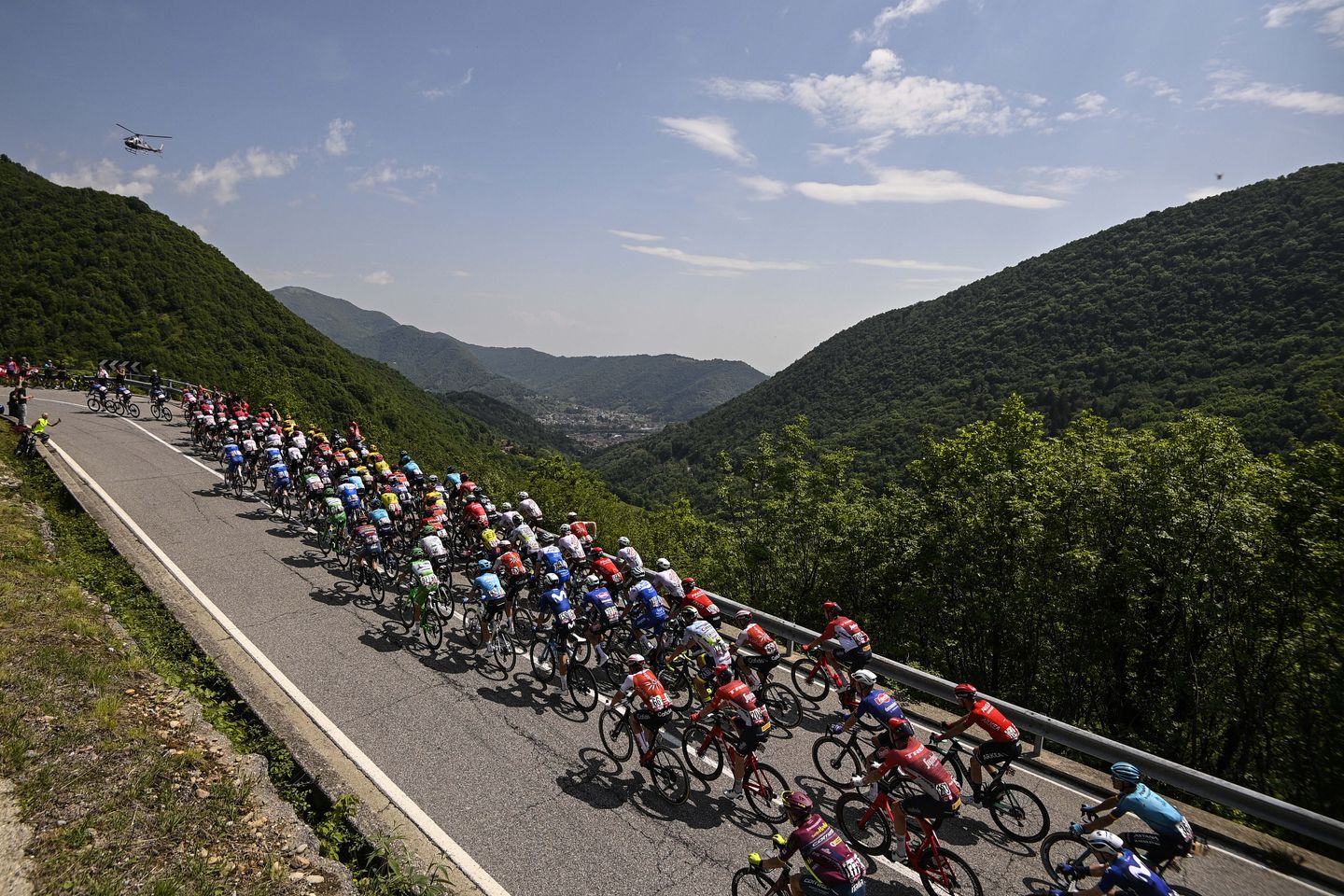Male-born cyclists who identify as female will no longer be able to compete in women’s elite races sponsored by British Cycling, the latest sports authority to opt for fairness versus inclusion amid an influx of transgender athletes in women’s sports.
British Cycling released Friday an updated Policy for Competitive Activity that creates two categories: the female category, which is reserved for women and women who identify as men but have not begun hormone therapy, and an open category for everyone else, including men.
“This means that the current men’s category will be consolidated into the open category,” said British Cycling in a Friday statement. “Transgender women, transgender men, nonbinary individuals and those whose sex was assigned male at birth will be eligible to compete in the open category.”
Women may also compete in the open category if they wish. Male-born athletes are permitted in noncompetitive races and community activities such as the Breeze program to encourage women’s cycling.
“I am confident that we have developed policies that both safeguard the fairness of cycle sport competition, whilst ensuring all riders have opportunities to participate,” said British Cycling CEO Jon Dutton.
The policy changes, which are scheduled to be implemented by the end of the year, come after a nine-month review that included focus groups, interviews and examinations of the scientific, medical and legal landscape.
In April 2022, the organization suspended its transgender participation rule after ruling ineligible Emily Bridges, a male-born competitive cyclist who transitioned to female and sought to enter a women’s national championship.
Ms. Bridges blasted British Cycling after the policy was released, saying in a lengthy social-media post that the organization’s leaders “are furthering a genocide against us” and called the updates a “violent act.”
“British Cycling is a failed organization; the racing scene is dying under your watch” said Ms. Bridges, adding, “You have no right telling me when I am done.”
Critics accused Ms. Bridges of hyperbole, pointing out that transgender women are still permitted to race in the open category.
“But claiming victim status is a core tactic of the gender cult, which depends on hyperbole to disguise the fact that its aim is to allow a group of entitled men to do whatever they like, including destroying women’s sport,” said Joan Smith in an op-ed in UnHerd.
Meanwhile, Fair Play for Women’s Sports called the policy a “major breakthrough for competitive cycling at all levels … but not perfect.”
“Men who identify as trans or nonbinary will still be allowed to join women-only training sessions and women-only recreational rides (Breeze rides),” tweeted the group.
BREAKING: British Cycling has announced it will ban trans-identified males from participating in the female category.
Transgender cyclist Emily Bridges has responded in a statement calling the move a “violent act” and claiming British Cycling is furthering trans “genocide.” pic.twitter.com/SDNCIcoUTo a>
— REDUXX (@ReduxxMag) May 26, 2023
The International Cycling Union this month said it will review its transgender policies amid concerns over the growing number of male-born athletes in women’s events.
The review was announced after Austin Killips became the first transgender woman cyclist to win a UCI stage race at the Tour of the Gila in New Mexico, stoking pushback from other female competitors who called Killips’ participation unfair.
The British group Sex Matters applauded British Cycling for its “commitment to female athletes,” saying the policy “protects the core sporting value of fairness for competitive female cycling.”
“But the global picture is still bleak,” the group said. “Internationally, UCI policy permits trans-identified males to compete in female categories under conditions of testosterone suppression, allowing novice males like Austin Killips in the United States to sweep to victory in female UCI events and force female cyclists like Hannah Arensman to abandon their beloved sport.”
British Cycling made it clear that in UCI-sponsored races in the U.K., “the UCI policy on eligibility will take precedence.”
More than 50 transgender women have entered women’s cycling races in the past few years, with some of them winning high-profile contests, according to a tally cited by the Independent Council on Women’s Sports, which opposes transgender participation in women’s sports.
Last year, World Aquatics, or FINA, effectively banned transgender women swimmers from women’s elite events while saying it would add an open category. Those who undergo medical gender transitions before age 12 would still be eligible to compete.
In March, World Athletics announced it would exclude male-born athletes who have gone through puberty from women’s track and field events.
